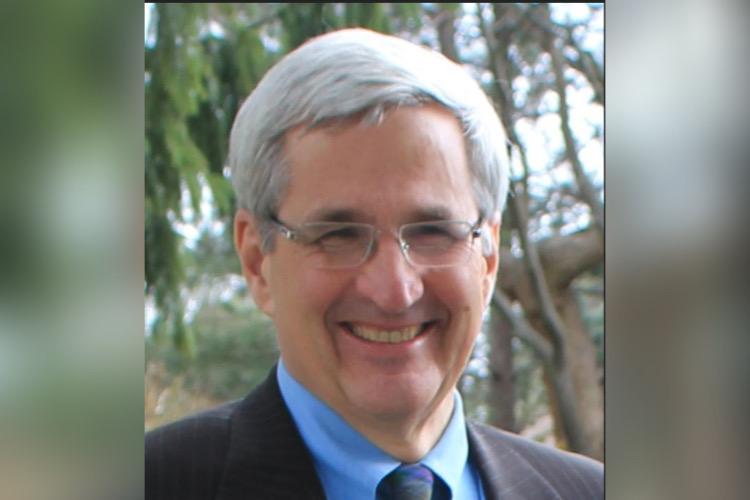Commentary
Tribunal Watch Ontario monitors and provides information, viewpoints, and recommendations about the state of the adjudicative tribunal system in Ontario. In November 2020, Tribunal Watch issued a sternly worded statement of concern regarding the Ford government’s policy of “stripping tribunals of experienced and trained adjudicators, and underfunding operations,” causing escalating delays.





